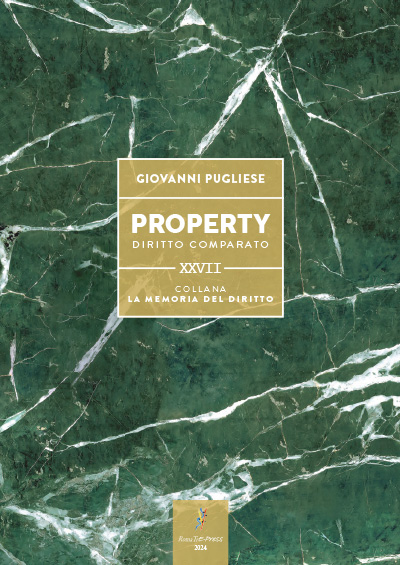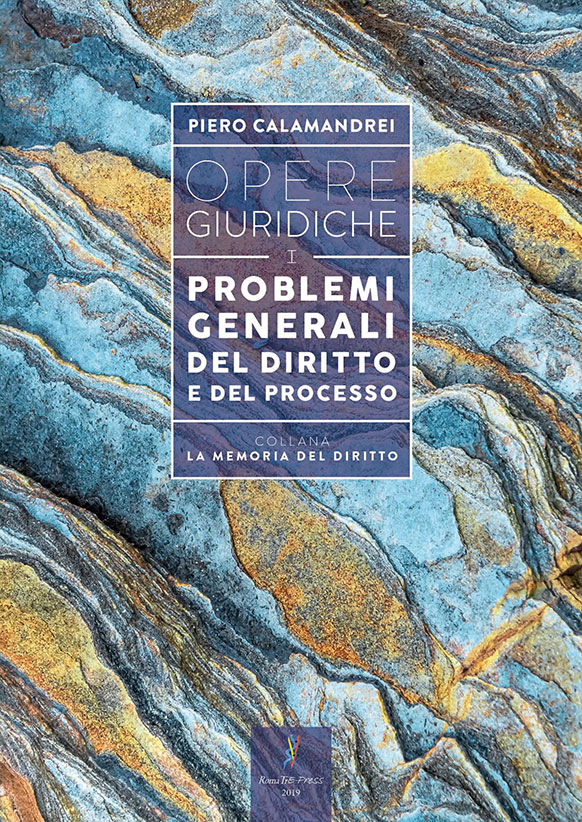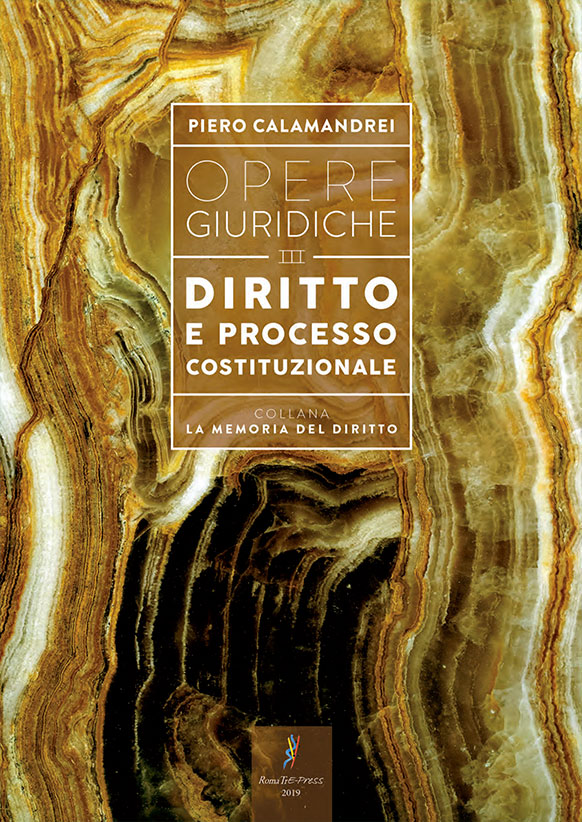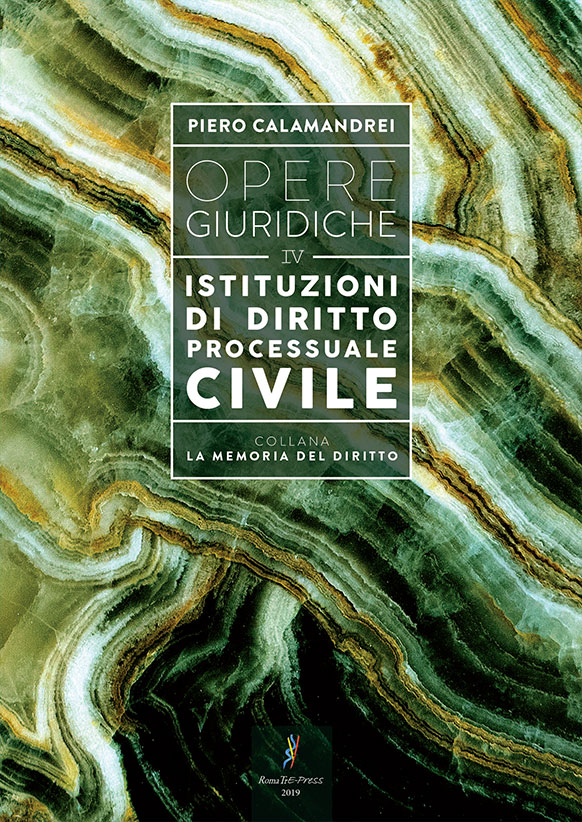Abstract

L’opera costituisce uno dei capisaldi degli studi processualcivilisti in Italia in materia di prova. L’indagine si concentra sulla nozione di «rilevanza» della prova, soffermandosi, innanzitutto, sul significato da attribuire a tale locuzione, che, anche alla luce di un’approfondita ricognizione degli studi svolti all’estero sul tema, viene intesa come la possibilità di fornire informazioni utili per l’accertamento della verità dei fatti. Questa possibilità è da intendersi in re ipsa quando si tratta di una prova diretta, poiché essa verte proprio sull’enunciato del fatto che si tratta di accertare. Quando, invece, si tratta di prova indiretta, viene in rilievo la valutazione di rilevanza attribuita al giudice, la quale implica la formulazione ipotetica di una inferenza che mira a stabilire se il fatto che è oggetto della prova potrebbe essere assunto come premessa che giustifichi una conclusione relativa al fatto che deve essere accertato; se il risultato di questa inferenza è positivo, allora la prova è da considerarsi rilevante e va ammessa in quanto può fornire informazioni utili per la decisione finale.

The book is one of the cornerstones of Italian civil procedural studies in Italy in the field of evidence. The investigation focuses on the notion of the "relevance" of evidence, first of all, on the meaning to be attributed to this expression, which, also in the light of an in-depth survey of the studies carried out abroad on the subject, is understood as the possibility of providing useful information for ascertaining the truth of the facts. Such possibility is “in re ipsa” in the case of so called direct evidence, since it relates precisely to the statement of the fact that it is to be ascertained. When, on the other hand, it is “indirect” evidence, the court's assessment of relevance comes into play, which involves the hypothetical formulation of an inference that aims to establish whether the fact which is the subject of the evidence could be taken as a premise justifying a conclusion relating to the fact that must be established; if the result of this inference is positive, then the evidence is relevant and should be admitted as it can provide useful information for the final decision.





























